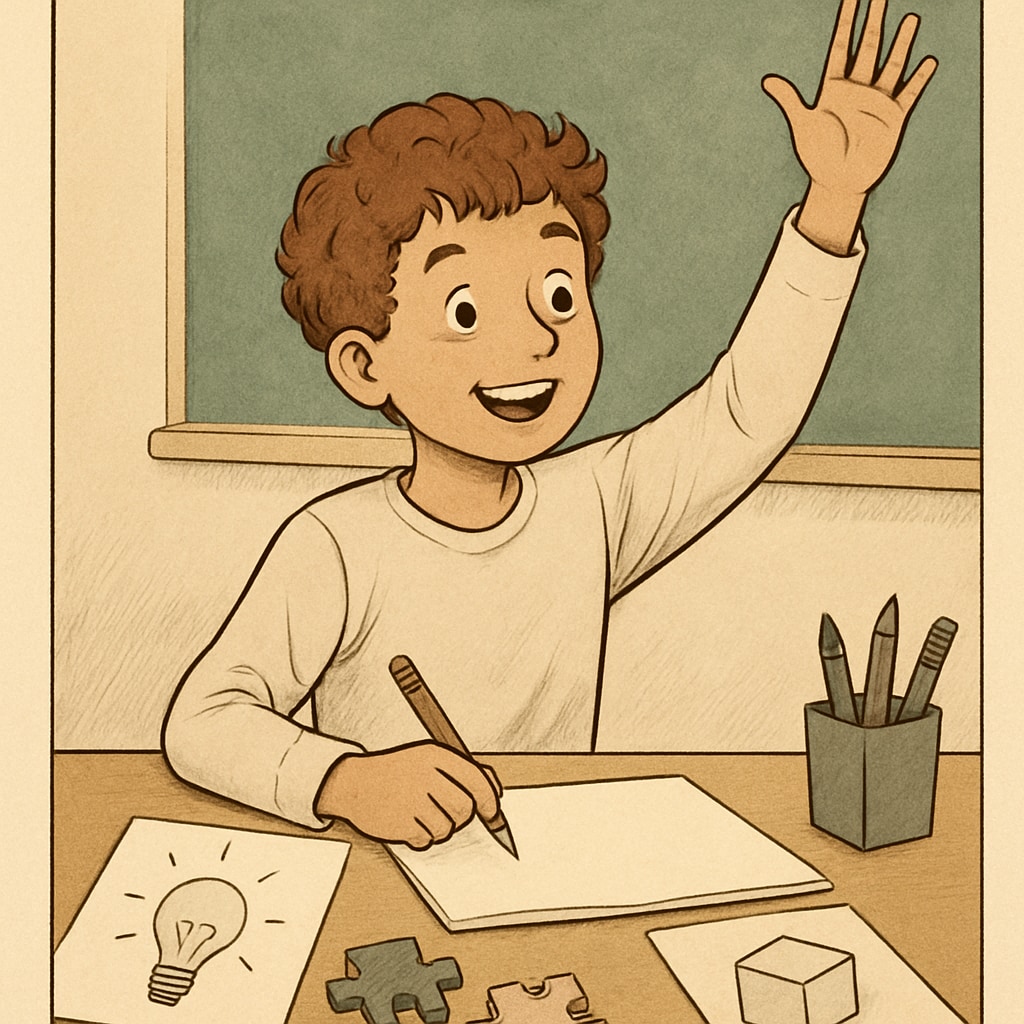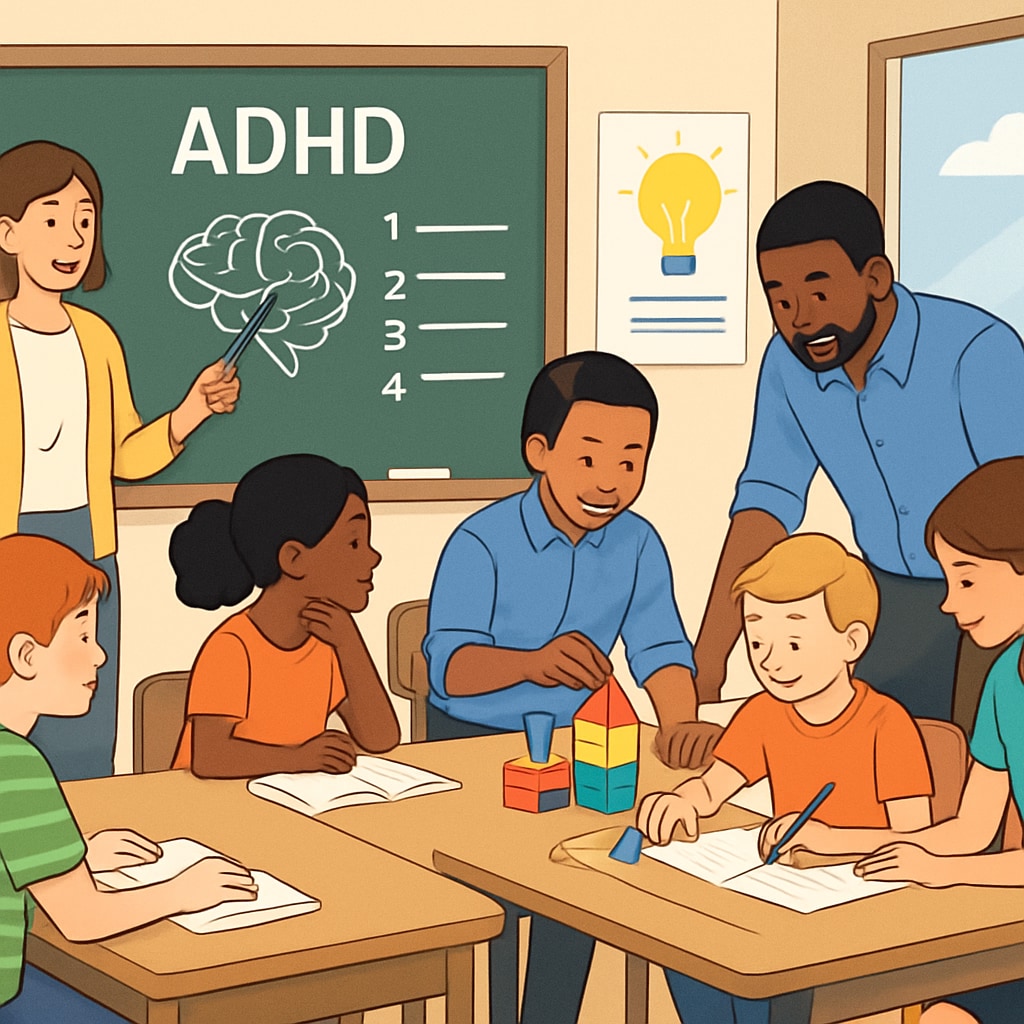The current mechanisms for selecting students for gifted education programs often rely heavily on standardized testing. While these systems aim to identify exceptional talent, they may inadvertently exclude students with ADHD (Attention-Deficit/Hyperactivity Disorder), who often excel in unconventional ways. This article delves into the challenges faced by nontraditional learners in gifted education and advocates for reform in the evaluation process to ensure no talent is left behind.
How Standardized Testing Falls Short
Standardized testing has long been the cornerstone of gifted program selection. These tests are designed to measure a narrow set of cognitive abilities, often favoring students who perform well under structured, time-constrained conditions. However, for students with ADHD, these environments can be particularly challenging. ADHD often impacts sustained attention, executive functioning, and impulse control, which are skills tested in these traditional assessments.
As a result, many students with ADHD, despite possessing remarkable creativity, problem-solving abilities, or specialized talents, fail to meet the criteria for gifted programs. Studies have shown that ADHD students often excel in divergent thinking—a skill associated with innovation and creativity—but this trait is rarely captured in standardized tests. For example, a study on divergent thinking emphasized its importance in fields like design, entrepreneurship, and the arts, yet it is notably absent from most educational evaluations.

The Hidden Potential of ADHD Students
While ADHD is often viewed through the lens of its challenges, it can also confer unique advantages that align with the goals of gifted education. ADHD students often demonstrate heightened curiosity, hyperfocus on topics of interest, and the ability to think outside the box. These traits are invaluable in solving complex problems and innovating in unexpected ways.
One notable example is Thomas Edison, who reportedly displayed ADHD-like traits as a child. His teachers labeled him a poor student, yet his inventive genius revolutionized industries. Modern ADHD students may possess similar potential, but without inclusive measures in gifted education, their talents risk being overlooked. According to a report on ADHD by Britannica, early identification and support can significantly impact academic and personal outcomes for these students.

Building a More Inclusive Gifted Education System
To create a more equitable gifted education system, schools must adopt broader and more inclusive identification methods. This could include:
- Incorporating teacher and parent observations to assess creativity, leadership, and other non-academic traits.
- Using performance-based tasks that evaluate problem-solving and critical thinking in real-world contexts.
- Implementing universal screening tools that consider diverse learning profiles.
- Providing accommodations during testing, such as extended time or alternative formats, to give all students a fair chance.
Moreover, professional development for educators is essential. Teachers should be trained to recognize and nurture the potential of students with ADHD and other neurodiverse profiles. By understanding the unique strengths of these learners, educators can advocate for their inclusion in gifted programs.
Conclusion: Unlocking Every Student’s Potential
The current reliance on standardized testing in gifted education inadvertently disadvantages students with ADHD, despite their exceptional potential. By expanding the criteria for gifted identification and promoting inclusive practices, schools can uncover hidden talents and ensure that no student is left behind. The goal of gifted education should be to celebrate and support diverse forms of excellence, not to perpetuate a one-size-fits-all standard.
As society increasingly values creativity, innovation, and out-of-the-box thinking, it is time for gifted programs to adapt. By doing so, we can provide opportunities for all students, including those with ADHD, to thrive and contribute their unique gifts to the world.
Readability guidance: This article uses short paragraphs and lists to enhance readability. It maintains an active voice and includes transition words to ensure a smooth flow of ideas.


